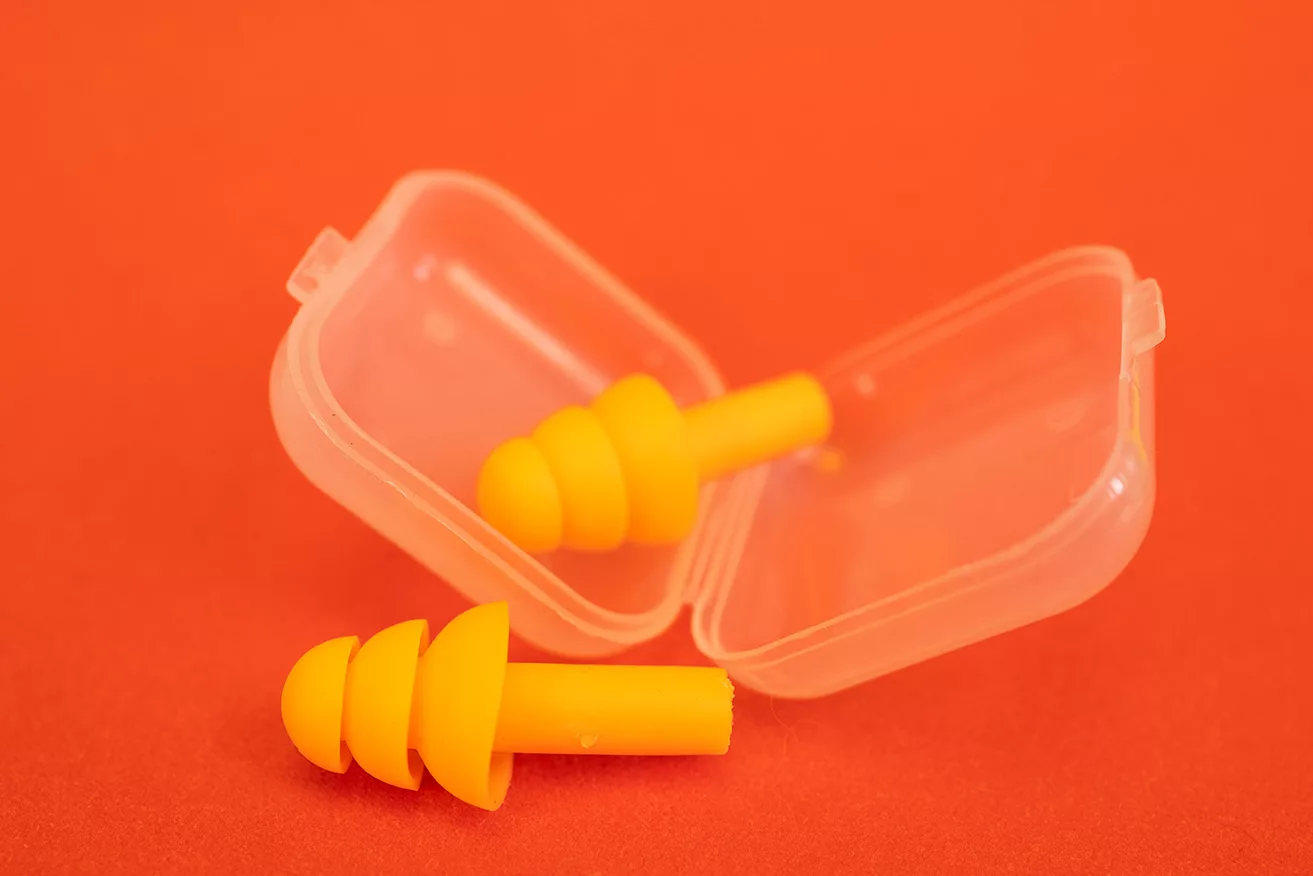
Even though the majority of our daily interactions and activities come with a soundtrack, many people don’t realize how much they rely upon their good hearing until it’s gone. We count on our hearing to engage in conversations, enjoy the natural world, to alert us to danger, and so much more. In addition, many studies have shown that people with hearing loss are at greater risk of developing depression and dementia. Your hearing is too important an asset to leave to chance. Fortunately, there are many simple yet effective ways to prevent hearing loss naturally and maintain a healthy quality of life.
Prevent Hearing Loss Naturally with these Simple Tips
While there are various causes of hearing loss, including genetics, aging, and exposure to loud noises, there are steps we can take to naturally decrease our risk of developing the condition. By adopting certain habits and making mindful choices, we can safeguard our hearing and maintain its optimal function. Here are some valuable tips that can help you prevent hearing loss naturally and preserve this vital sense for years to come.
1. Limit Exposure to Loud Noises

Second only to age, exposure to loud noises is the leading cause of hearing loss in both children and adults. Noises over 70 decibels (dBA) for long periods can damage your hearing. Any noise over 80 dBA can damage your hearing after just two hours of exposure. The proximity to the source, the loudness, and the duration all matter when it comes to hearing damage. When you’re exposed to noises over 100 dBA, you can damage your hearing within minutes, and anything over 120 dBA, such as a gunshot or fireworks at close range, can damage your hearing instantly.
Aside from using ear protection when warranted, these simple habits will help protect your hearing when enjoying events or daily activities:
- Use louder home appliances for shorter durations
- Start appliances like dishwashers and washing machines at bedtime
- Keep your earbuds, headphones, and speakers at a safe volume
- Keep your vehicle’s windows closed on busy streets or loud highways
- Avoid loud areas or intersections when walking
- Save conversations for later: Avoid shouting into someone’s ear
- Stay as far away from concert speakers as possible
- Know the dBA: Use a smartphone sound level app to determine dBAs
- Retreat to quieter spaces like the lobby or concession stand for 10 minutes
- Arrive late, leave early, or only stay for part of the game, concert, or show
Limiting Exposure to Loud Noises at Work
Many people are exposed to loud noise at work every day, increasing their risk of developing noise-induced hearing loss (NIHL). In these situations, your employer has a responsibility to ensure that you have a safe work environment and should provide you with proper ear protection per OSHA guidelines (Occupational Safety and Health Administration).
| Highlights from CDC’s Vital Signs report1 on NIHL: |
| Nearly 1 in 4 adults 20-69 who claimed to have excellent hearing, had some hearing loss |
| Hearing loss is more common for men |
| NIHL found in approximately 19% of adults 20-29; 27% among adults ages 50-59 |
2. Wear Hearing Protection
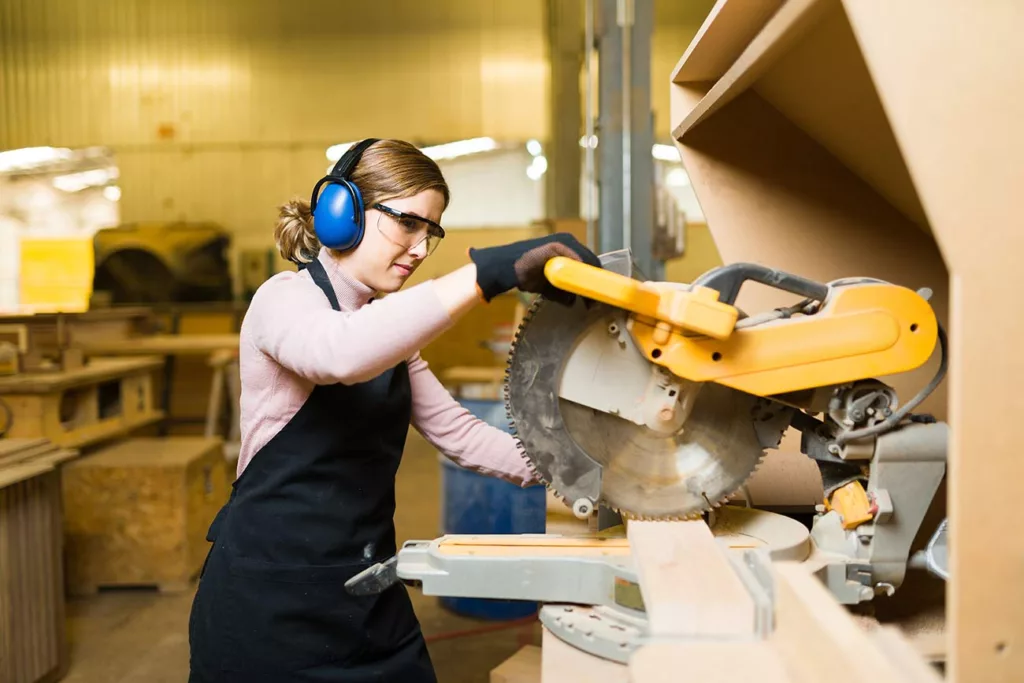
For many situations, wearing properly fitted hearing protection is absolutely necessary to prevent damage to the ears, especially when distancing yourself from the sound is not possible. The best type of ear protection to prevent hearing loss will vary depending on the situations, but can include:
- Earmuffs
- Noise-cancelling earmuffs
- Disposable ear plugs
- Custom-fit ear plugs
- Powered, adjustable ear plugs
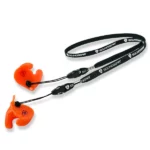
For musicians, getting clear sound at a lower volume is paramount, so custom-fit ear protection works best. This will cancel out ambient noise while letting the necessary sound in at a safe volume. For the occasional home project with power tools, a pair of disposable ear plugs may work fine. For landscapers and construction workers who use power tools or earth-moving equipment, a pair of industrial, safety rated earmuffs might be best. Whatever type of hearing protection you use, ensuring a proper fit is very important.
Keeping a pair of earplugs handy for unexpected loud situations will help you be better prepared. Having ear plugs or earmuffs on hand in your home and in your garage, in your vehicle, backpack, or purse might just save your hearing. If you don’t have earplugs handy, wearing a knit cap down over your ears can provide some protection against high winds, debris, and dust.
Additionally, wearing hearing protection in the following loud environments can naturally reduce your chances of hearing loss:
- Team sporting events
- Rock concerts, nightclubs, and other music venues
- Motorcycling, snowmobiling, jet skiing and speed boating, etc.
- Car and motorcycle races, drag races, and monster truck shows, etc.
- Fireworks shows
- Shooting ranges
3. Manage Ear Wax Buildup Responsibly
Glands in your outer ear produce cerumen, or ear wax, which protects your ear canal from particles and germs that can lead to hearing loss caused by infections or physical damage. The consistency and amount of ear wax will differ between individuals, and some people are naturally prone to excessive ear wax buildup. When the ear wax builds up, it can muffle the sounds you hear, and even become physically uncomfortable.
To prevent infection and injury, keep your outer ears clean with soap and water, but never put anything, not even cotton swabs, in your ear canal. If you feel your ear wax is a problem, it’s important to speak with a medical professional about it before trying to perform any home remedies. Putting any foreign object in your ear canal can compress the wax and/or damage the sensitive lining of your ear or your eardrum, which can cause hearing loss. If you think you have an ear wax blockage, you can schedule an appointment with your doctor or an ear healthcare professional for treatment.
4. Get Regular Hearing Health Checkups
Getting your hearing checked on a regular basis can help to address any hearing loss before it interferes with your quality of life. Getting a diagnosis and treating hearing loss early and following up with regular checkups to monitor for any changes will help ensure you can fully engage with the wonderful soundscape around you. Taking control of your hearing health can also help reduce your risk of developing other conditions often associated with hearing loss such as, isolation, depression, and dementia.
5. Maintain Good Health Habits
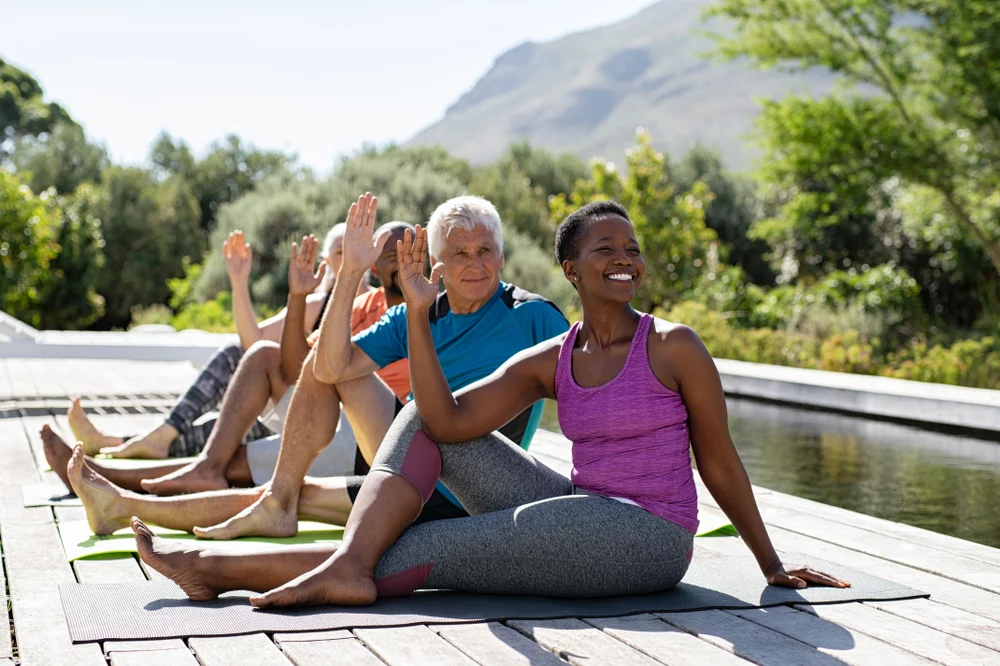
Taking care of your overall health is a great way to prevent hearing loss naturally, while also supporting your wellbeing. Healthy practices that may indirectly help prevent hearing loss include:
- Eating a balanced, nutrition-rich diet
- Quitting drinking and smoking
- Exercising regularly
- Managing stress
Knowing your family history and taking preventative measures against genetic conditions such as diabetes, high blood pressure, and heart disease can also help support your hearing health. Whether you are predisposed or not, maintaining a healthy lifestyle will help to prevent and manage conditions that could also lead to hearing loss.
6. Wear Safety Helmets When Necessary
Some hearing loss can be caused by a head injury. This is especially true when the small “ear bones” (Auditory Ossicle bones) or your ear drum is damaged by the force of an impact. While accidents resulting in head trauma can sometimes be out of your control, in certain situations, you can be prepared with proper protective equipment. For example, wearing a helmet when cycling, motorcycling, or skateboarding, can help reduce your risk of injury-induced hearing loss. In addition, whenever you’re playing team sports, even if it’s just practice or for fun, it’s best to always wear the required headgear.
If you do experience any trauma or injury to your head, ear, or side of your face, even if you were wearing a helmet, it is incredibly importance to see a medical professional immediately. Following your medical evaluation, you can schedule a hearing health exam, to determine if there has been any associated ear damage or hearing loss.
Find a Hearing Clinic Near You Today and Protect Your Hearing for Years to Come
Good hearing is essential for fully engaging with your friends, family, and the world around you. By following these simple tips, such as avoiding loud noises, using ear protection, and incorporating healthy habits into your lifestyle, you can reduce your risk of hearing loss for years to come. With good hearing, you can continue to enjoy birdsong, children’s laughter, nuances in music, and all the important conversations in your life. If you think you may be experiencing hearing loss or have not had a hearing test in over a year, it’s time to schedule a hearing health exam. Don’t miss out on the joy of hearing!
1 CDC 2017 Vital Signs Report, with support from the National Institute on Deafness and other Communication Disorders, National Institutes of Health: https://www.cdc.gov/vitalsigns/hearingloss/index.html


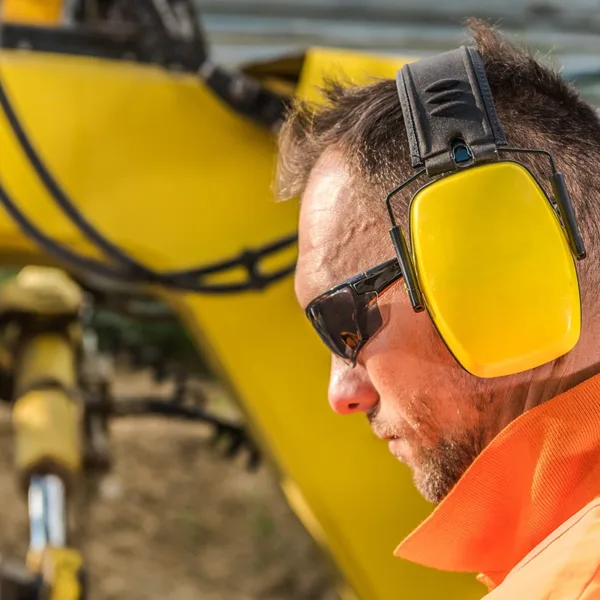
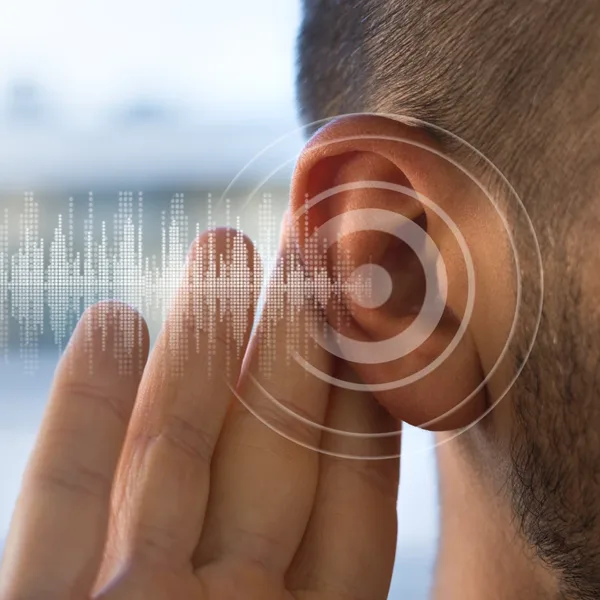

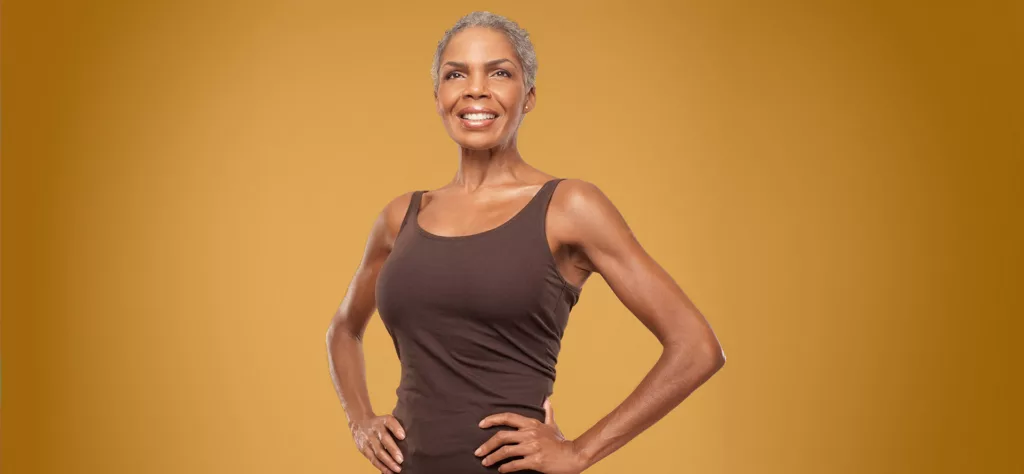

Have a question or Comment?